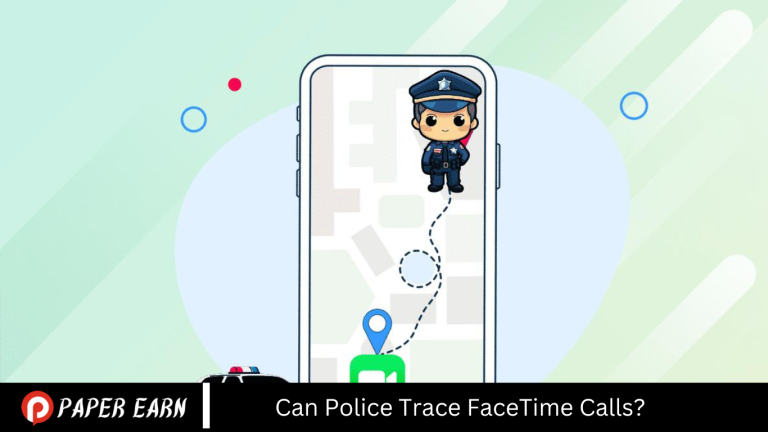FaceTime offers end-to-end encryption for secure communication. When contacting others, your displayed phone number or email is visible, with the option to share your name and photo. Apple stores minimal data regarding FaceTime usage, like call attempts, for a maximum of 30 days. Additionally, FaceTime extends accessibility by enabling web users from select regions to join calls via the web. This feature enhances inclusivity and convenience, broadening the scope of FaceTime’s reach beyond traditional device boundaries while maintaining stringent privacy measures.
Introduction
FaceTime stands out as a beacon of seamless connection. Offering end-to-end encryption ensures the privacy and security of each interaction. Your chosen identifier – a phone number or email – is shared with contacts, with the option to augment with personal details like name and photo. Apple’s retention of minimal usage data for up to 30 days ensures transparency without compromising privacy. Furthermore, FaceTime’s innovative web integration extends its accessibility, fostering inclusivity across diverse user bases. In a digital landscape marked by constant evolution, FaceTime remains a trusted cornerstone of interpersonal connection.
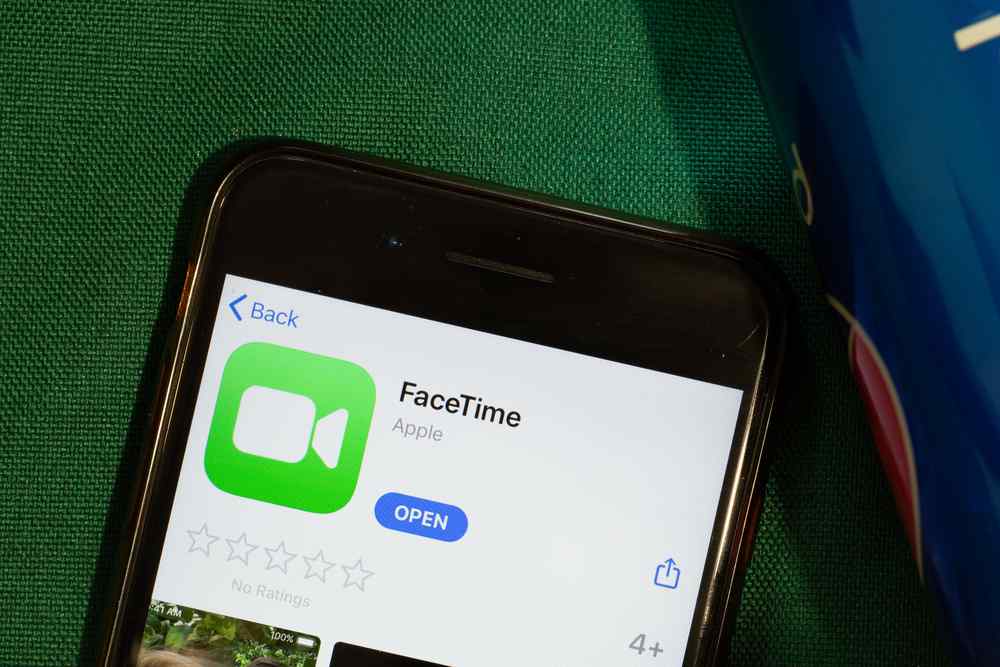
Overview of FaceTime
FaceTime is a proprietary video and audio calling service developed by Apple Inc. It is integrated into Apple’s ecosystem of devices, including iPhones, iPads, and Mac computers. Users can initiate FaceTime calls over Wi-Fi or cellular networks, enabling real-time communication with other FaceTime users.

Technical Mechanisms
FaceTime utilizes various technical mechanisms to facilitate communication between devices. It relies on internet protocols and network infrastructure to establish connections, while the underlying software manages audiovisual data transmission.

Encryption Protocols
One of the key features of FaceTime is its implementation of end-to-end encryption. This means that communications between users are encrypted at the device level, ensuring that only the sender and recipient can access the content of the communication. Apple employs strong encryption protocols to safeguard user privacy and data security.
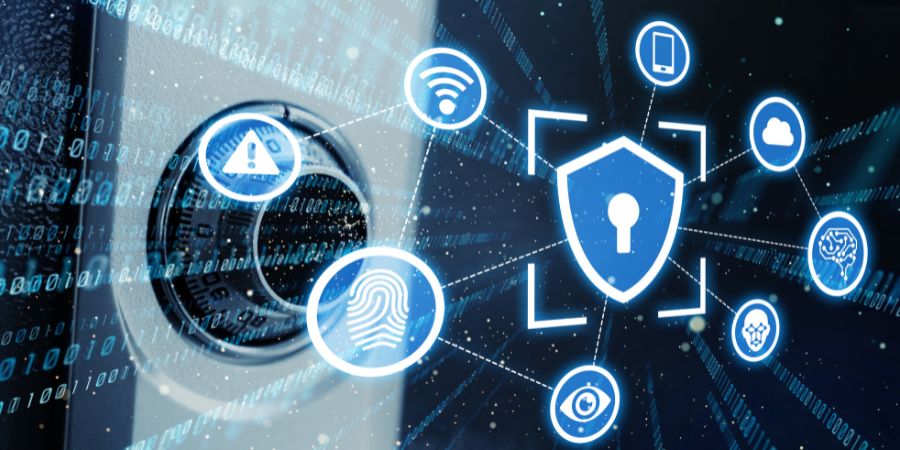
Potential Traceability Features
While FaceTime prioritizes user privacy through end-to-end encryption, there may be certain metadata associated with calls that could potentially be used for traceability purposes. This metadata may include information such as call duration, timestamps, IP addresses, and device identifiers. However, the extent to which such metadata is accessible to law enforcement agencies depends on various factors, including legal requirements and technical constraints.
Legal Context of Digital Communications
The legal landscape governing digital communications is complex and varies across jurisdictions. In the United States, the Electronic Communications Privacy Act (ECPA) and the Communications Assistance for Law Enforcement Act (CALEA) are among the key legislations relevant to electronic surveillance and law enforcement access to communication data.

Can Others Trace FaceTime Calls?
The possibility varies depending on the circumstances. In some cases, a family member may install spyware on your device to track FaceTime calls. However, this requires direct access to your phone and the installation of specific software. If you suspect such activity, removing the spyware from your iPhone is straightforward once detected.
Is FaceTime Encrypted?
Yes, FaceTime is indeed encrypted. It utilizes end-to-end encryption, employing advanced AES 256-bit keys to safeguard conversations. Furthermore, FaceTime implements Transport Layer Security (TLS) for call signaling, ensuring additional layers of protection. Additionally, it leverages the Internet Connectivity Establishment (ICE) to establish secure peer-to-peer connections between devices. Overall, these encryption measures work in tandem to ensure the privacy and security of FaceTime calls, providing users with confidence in their communication.
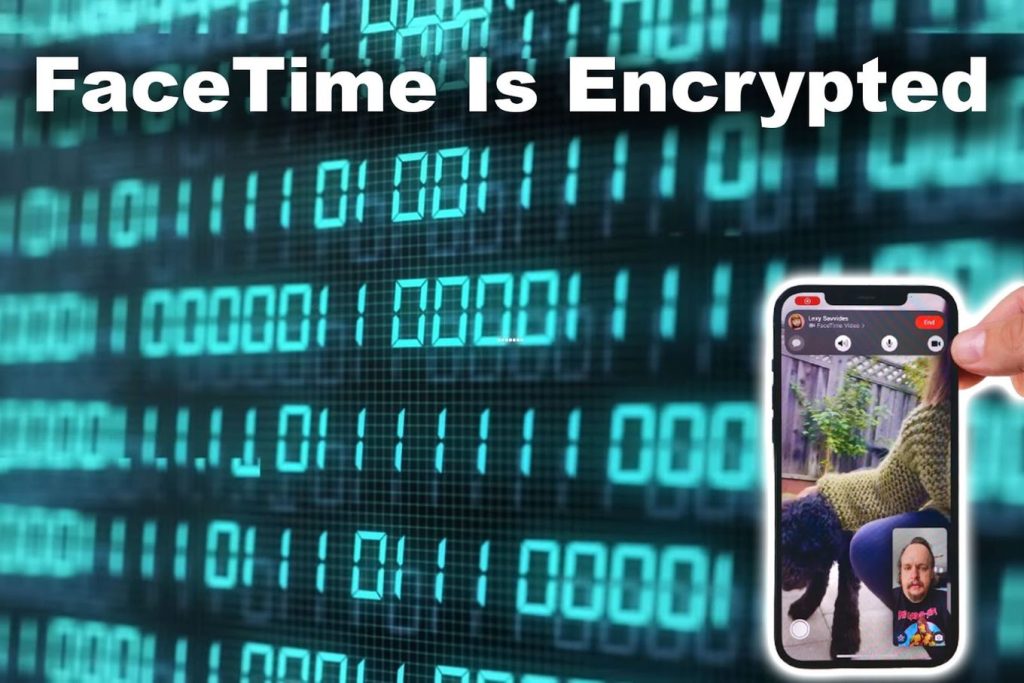
Can FaceTime Be an Invasion of Privacy?
FaceTime remains a bastion of privacy protection due to Apple’s implementation of end-to-end encryption. This sophisticated security measure ensures that the contents of FaceTime calls are shielded from unauthorized access, preserving confidentiality and integrity.
The potential breaches of privacy may occur under specific circumstances. Law enforcement agencies, under lawful authority and with appropriate legal procedures, can trace FaceTime calls as part of their investigative processes. Similarly, the installation of spyware by a family member poses a risk, potentially enabling them to clandestinely monitor FaceTime conversations. This intrusion highlights the importance of device security and awareness regarding the potential risks of unauthorized surveillance.
Is FaceTime Safe from Hackers?
FaceTime calls are secure from hacking attempts due to the implementation of end-to-end encryption. This ensures that the conversation remains confidential and inaccessible to any unauthorized parties.
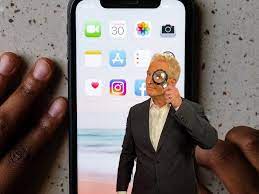
During the initiation of a FaceTime call, the involved devices engage in a verification process utilizing the Session Initiation Protocol. This exchange of identity certificates further fortifies the security of FaceTime calls, significantly reducing the risk of intrusion by hackers.
How to Keep Your FaceTime Calls More Secure and Private
Enhancing the security and privacy of your FaceTime calls requires vigilance and proactive measures. Consider the following tips:
- Utilize a secure Internet connection, preferably from trusted sources, to mitigate the risk of interception or hacking, especially avoiding public Wi-Fi networks.
- Refrain from accepting FaceTime calls from unfamiliar or unknown contacts to prevent potential breaches of privacy.
- Limit access to your device, ensuring only authorized individuals can initiate or participate in FaceTime calls.
- Regularly conduct scans for spyware or malicious software on your device to detect and remove any potential threats that could compromise your privacy.
- Strengthen your overall Apple ID security by enabling two-step authentication, providing an additional layer of protection for your FaceTime calls and other associated services.
Future Directions
- Enhanced User Experience: Future iterations of FaceTime may introduce augmented reality overlays, improved noise cancellation, and real-time language translation to enhance user interactions.
- Cross-Platform Compatibility: FaceTime could expand its compatibility to include a wider range of devices beyond Apple’s ecosystem, enabling seamless communication across different platforms.
- Integration with Smart Devices: Integration with smart home devices and virtual assistants may allow for hands-free operation and integration into daily routines, offering greater convenience to users.
- Virtual Reality Integration: FaceTime might explore opportunities in virtual reality, providing immersive environments for group calls and virtual meetings to enhance engagement and collaboration.
- Artificial Intelligence: Utilizing AI, FaceTime could offer personalized recommendations and adaptive communication features to improve user satisfaction and engagement.
- Privacy and Security: Continued efforts to strengthen encryption protocols and implement robust privacy controls will be crucial to maintaining user trust and safeguarding sensitive data.
Frequently Asked Questions
Is FaceTime secure?
Yes, FaceTime utilizes end-to-end encryption to secure calls, ensuring that only the participants can access the conversation.
Can I use FaceTime on non-Apple devices?
As of now, FaceTime is exclusive to Apple devices. However, alternatives like Skype or Zoom are available for cross-platform communication.
Does FaceTime use data or minutes?
FaceTime calls use data when connected over a cellular network and Wi-Fi when connected to the internet, but they do not consume cellular minutes.
Can I make group calls on FaceTime?
Yes, FaceTime supports group video calls with up to 32 participants on devices running iOS 12.1.4 or later.
Can I block unwanted FaceTime calls?
Yes, you can block unwanted callers by accessing the “Blocked” section in your FaceTime settings and adding the contact you wish to block.
Is FaceTime free to use?
Yes, FaceTime is free to use over Wi-Fi, and it does not incur any additional charges beyond your internet connection.
Can I use FaceTime internationally?
Yes, you can use FaceTime internationally over Wi-Fi without incurring international calling charges. However, using FaceTime over a cellular network while abroad may incur data roaming charges.
How do I troubleshoot FaceTime connection issues?
If you’re experiencing connection issues with FaceTime, try restarting your device, checking your internet connection, or updating to the latest version of iOS or macOS.
Conclusion
FaceTime continues to be a leading platform for secure and convenient communication among Apple users. With its end-to-end encryption, intuitive interface, and seamless integration across devices, FaceTime offers a reliable solution for staying connected with friends, family, and colleagues. FaceTime is poised to explore new horizons as technology evolves, potentially integrating emerging technologies like augmented reality and artificial intelligence to further enhance user experiences. However, its exclusivity to Apple devices remains a limitation, and addressing cross-platform compatibility could broaden its reach even further. Despite this, FaceTime remains a trusted tool for fostering meaningful connections while prioritizing user privacy and security.

